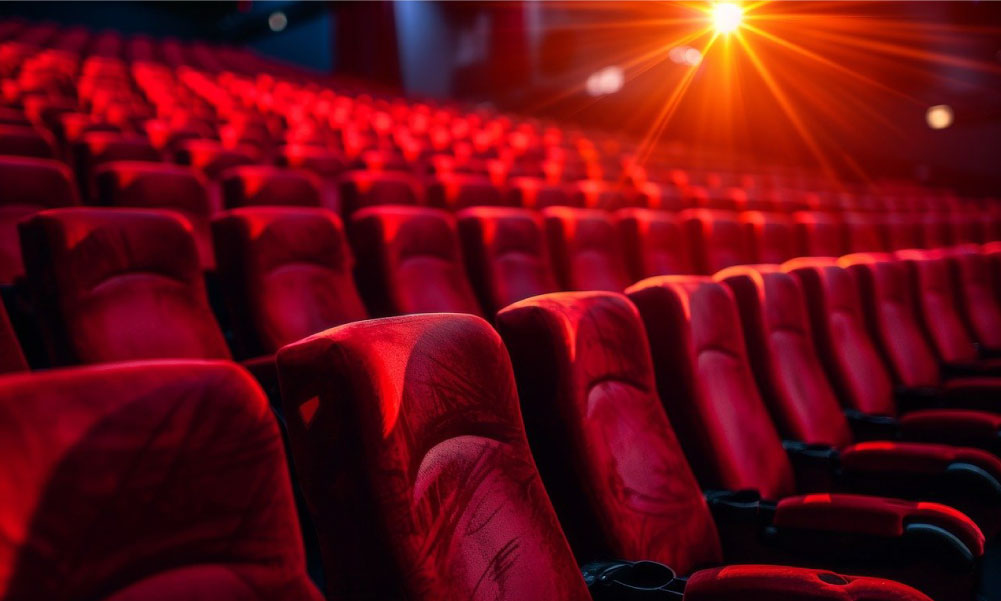Christie's Phil Lord pesters BFI's Dom Simmons and TIFF's James King about a job
If you want to know how to do something — like land a tech role in cinema exhibition — it's good to learn from someone who’s done it before. It’s even better to learn it from two people. Especially when those two people are Dom Simmons, head of Cinema Technology at the British Film Institute, and James King, senior technical manager, Toronto International Film Festival. So, Phil Lord, our business development manager, Africa, sat down with these industry stalwarts for the CineSparks Webinar Series — heard their stories — and learnt the secret of ‘pester power.’
Watch the video
When Phil asked, both James and Dom revealed that — aside from the technical prowess that they both have in spades — a simple refusal to go away has played a large role in getting them where they are today. Dom says he began by volunteering at a local cinema at the age of 15, and James learnt by constantly poking his nose into projection booths at the University of Toronto when he was meant to be studying English literature.
The conversation slowly reveals a kind of dual compulsion cocktail — half love for the movies, half determination to understand how stuff works — that meant they were never too embarrassed to ask, never quite ready to leave. James and Dom call it “pester power,” smile when they remember it, and say there's still no better way to get a foothold in this business.
Cinema's digital revolution
Now, both acknowledge that cinema's digital revolution means the days of a projectionist for every screen, or even for every cinema, are gone, as is the once-popular tactic of selling tickets and shoveling popcorn until someone in the booth noticed you. But while there are still independent cinemas and festivals to provide a foothold for an enthusiast, Dominic admits that finding experience in a high-end venue with high-end kit is exceptionally lucky — and most people aren't.
"But you don't need to have the full spec D [digital] cinema system install just to put on a show. You can use a laptop, a Blu-ray player or whatever for playback. What you need is a darkened room, a small projector, and some kind of sound system, and you've essentially got yourself a cinema, and you'll start learning."
Phil adds, "You just have to get in there and get your hands dirty…it's the experience of actually using projectors and networking that counts."
While many of the routes into the business are admittedly unconventional and driven by “pester power,” James says this is a standards-driven business, and a little knowledge impresses prospective employers.
"I think one thing to stress, if people are really serious, is that they need to get familiar with the standards. Meaning there's an expectation that everyone's going to have the same experience. So, if you are familiar with the standards that define how a good cinema presentation is put on, then that's going to make all the difference."
Cinema isn't the only game in town. There's ProAV and commercial event production, too, and people who truly understand modern projection and how to get the best from it are in high demand. Understanding the fundamentals and industry standards is a highly portable skill with global value.
To hear from more pros across the cinema industry, check out our on-demand CineSparks Webinar Series.



